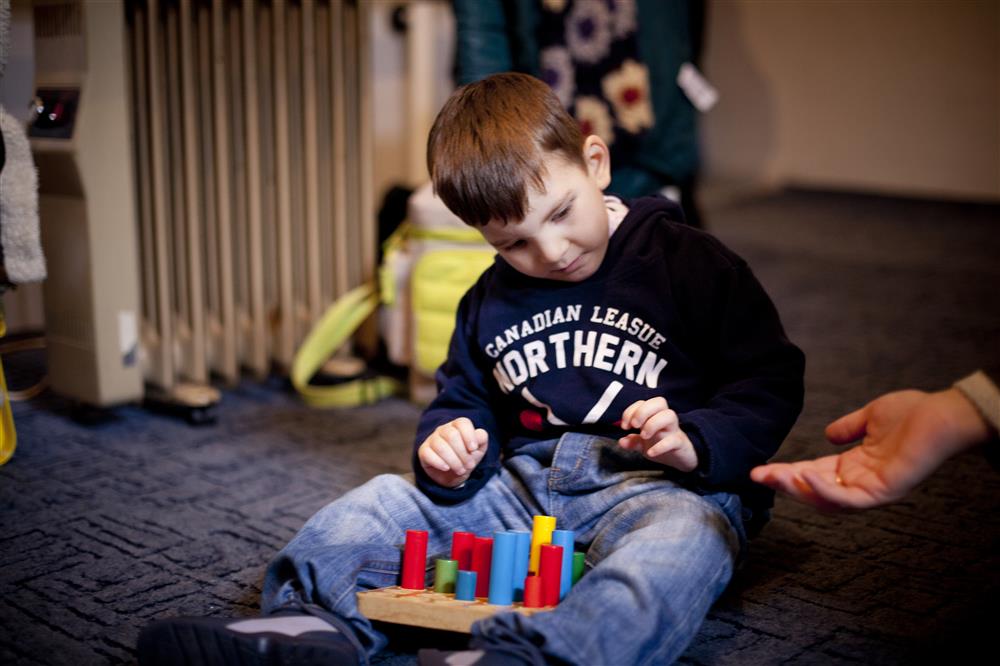Creating inclusive pre-school institutions
- Organization
- Save the Children International
- Country of Implementation
- Kosovo
- Region
- Europe
- Subregion
- Central and Eastern Europe
- First published
- 31.01.2016

Solution details
People
“Save the Children has been breaking barriers to support the fundamental rights of the most deprived children in Kosovo, bringing joy to thousands!” Mr. Ahmet Kryeziu, Country Director, Kosovo
Problems Targeted
It is estimated that there are approximately 40,000 children with disabilities in Kosovo, many of whom live in poor conditions, are hidden by their families, and are invisible to society. The number of children with disabilities in the school system ranges from 1.3% to 2%, and there is a lack of mechanisms for the identification and monitoring of these children pre-school and primary education. Moreover, there is lack of capacity among teachers and institution personal to support Inclusive Education for children with disabilities.
Solution, Innovation and Impact
Working jointly with the Ministry of Education and local Municipal Education Departments, the project has reached out to include children with disabilities in eight pre-school institutions and nine pre-primary classes in seven Kosovo regions. The project is supported by eight community-based rehabilitation centres run by Handikos, a partner NGO, to stimulate and advance the physical and psychosocial abilities of children with disabilities, as well as to support pre-school and primary institutions to implement Inclusive Education (e.g., by providing training and classroom materials, removing architectural barriers, hiring teachers, etc.). Furthermore, the project has established cooperation among schools, families, communities, rehabilitation centres, and government institutions (e.g., health, social welfare, and education).
Funding, Outlook and Transferability
The current model can be easily replicated and adapted in other contexts and countries. The cost of implementation will depend on the context of the country, such as class assistant salaries, didactic materials, teacher training, and community outreach. As part of the strategic plan, over the course of next three years the project will ensure that teachers and school personnel of the pilot primary schools will have improved the quality of education, with a focus on inclusive issues; that inter-sectoral cooperation and the quality of services delivered at the municipal level will have improved; and that there will be greater awareness and knowledge on children’s rights and the inclusive process within schools, communities, and the general public.
Media
Related information
- Connections
- 2
-
Organization
- People